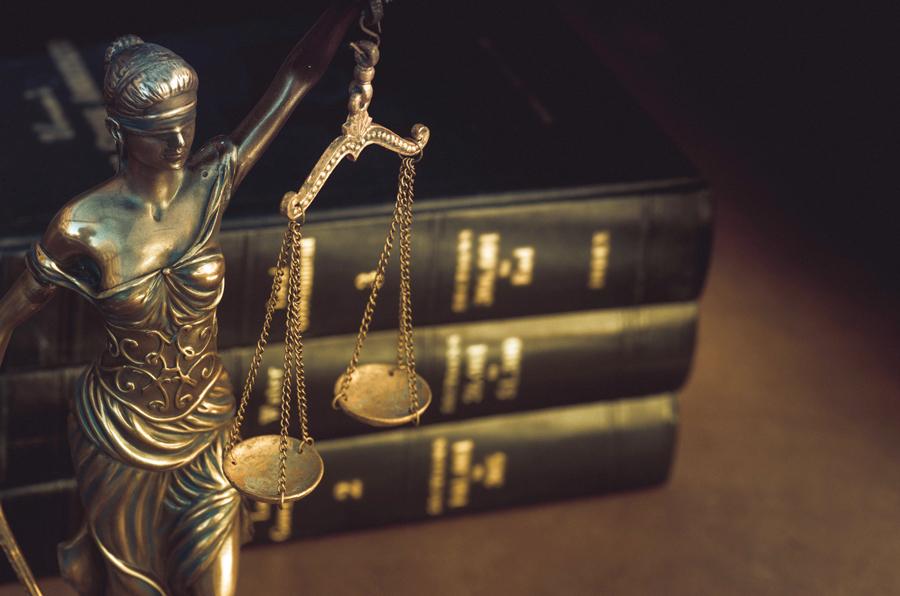Financial advisers should reconsider how they treat retirement assets clients acquired during a divorce, following a recent lawsuit that puts them at risk during a bankruptcy, according to tax and estate experts.
In this particular case, Brian A. Lerbakken had been awarded half the value of his ex-wife's 401(k) and entire individual retirement account as part of a divorce settlement; he filed for Chapter 7 bankruptcy a short time later. In the bankruptcy petition, Mr. Lerbakken claimed the retirement funds as exempt — in other words, untouchable by creditors.
However, the U.S. Bankruptcy Appellate Panel for the 8th Circuit, affirming an earlier ruling made by a lower court, said those retirement funds aren't exempt.
This runs counter to how many advisers may have otherwise conducted financial planning around retirement assets acquired in a divorce, since the law codifies strong bankruptcy protections for 401(k)s and IRAs in typical circumstances.
"This is a really big case," said Robert Keebler, founder of Keebler & Associates who does tax and retirement distribution planning.
Normally, a 401(k) account holder would have complete protection of those retirement funds in a bankruptcy proceeding, experts said. IRAs are
typically exempt from the bankruptcy estate as well, but only up to an inflation-adjusted cap. That cap under federal law is just shy of $1.3 million, and is set to be readjusted in April.
If company retirement plan money is rolled into an IRA, it's fully protected in an unlimited amount.
"[A 401(k)] is probably the most creditor-protected thing in existence," said Jamie Hopkins, an associate professor of taxation at The American College of Financial Services. "IRAs are not quite as strong, but still fairly strong."
The recent bankruptcy case,
Brian A. Lerbakken, Debtor-Appellant v. Sieloff and Associates, changes the landscape. Once retirement assets get split from their original owner, advisers should expect creditor protections to go away, experts said.
An earlier Supreme Court ruling, Clark v. Rameker, further underscores that point. In that case, the Supreme Court said assets held in inherited IRAs are
not considered retirement funds for the sake of a Chapter 7 bankruptcy proceeding. (That case didn't pertain to retirement assets obtained from divorce.)
So, what to do? The Lerbakken ruling, filed Oct. 16, only applies in the 8th Circuit (Arkansas, Iowa, Minnesota, Missouri, Nebraska, North Dakota and South Dakota) but advisers should take caution in the event that other courts rule similarly in the future, experts said.
For one, Mr. Keebler said advisers should stop mixing IRA assets received during a divorce with other IRA assets a client has. Mixing the two together could jeopardize the creditor protections of the whole IRA pool, given the recent Lerbakken case.
[More: Can inherited IRAs be split in a divorce?]
"Thou shall not commingle — that's really the moral of the story," Mr. Keebler said.
Those worried about creditor protections may also turn more to irrevocable trusts as a vehicle to hold IRA and 401(k) assets obtained through divorce, Mr. Hopkins said.
More: What are the differences between revocable and irrevocable trusts?
Creditors would only have access to assets distributed out of the trust, he said, but not those held in the trust.







